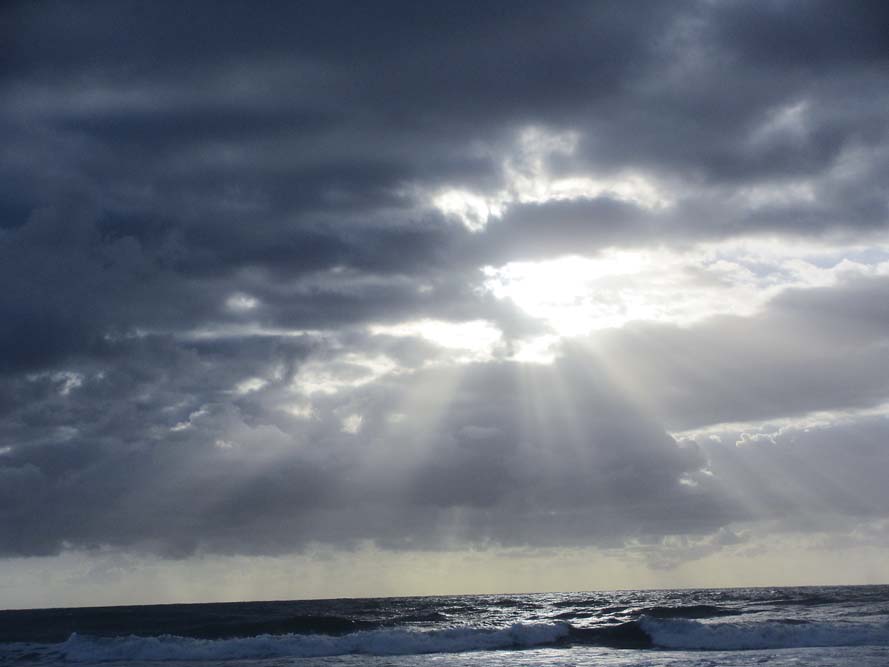
The prayer (with council’s capitals) as read out at the Tuesday 9 February meeting by Cr Debra Mar
THE words “Almighty God” were again recited before the most recent meeting of Mornington Peninsula Shire Council.
Dropped from the list of agenda items in December, the prayer and its reference to God was resurrected on Tuesday 9 February because of moves by Crs Antonella Celi and Hugh Fraser to ask the public for guidance.
Councillors agreed at the 8 December meeting that although still called The Prayer, the actual wording would be changed to a pledge by them to do the right thing by their community.
In short, they were told by their in-house lawyer Amanda Sapolu that as long as what they were saying was called a prayer, there was no need to seek public consultation.
That has now changed, and the public will be asked to decide on the prayer’s future as part of a review of the shire’s governance rules.
When moving that the wording of the prayer be changed, Cr Anthony Marsh said he had been “listening to voices that aren’t heard; to people that are silent in our community that had a view”.
Last week, Cr Celi said the public had not been given any chance to comment re-wording the prayer “which in effect has now become a pledge”.
“Please read a dictionary, it’s not a prayer it is just a pledge or affirmation.”
She said Cr Marsh’s original motion did not include any consideration of the principles of community engagement that she believed involved councillors carrying out their sworn statutory duties.
“It’s unfortunate that I had to move this [notice of motion to remind councillors that community consultation is foundational to local government,” Cr Celi said.
The 8 December decision had been “a botch job on the whole process by circumventing community consultation on the prayer in excluding reference to Almighty God”.
Cr Celi said the decision “didn’t go down well with our community” and had “stifled the voice of over 58.2 per cent Christians and those of faith on the Mornington Peninsula”.
She said the “very foundation” of Australia, its culture, its communities and Western world democracy was founded on these very principles and we must not forget this”.
“The feedback from the community spoke loud and clear they were not happy and taken by surprise with the removal of the reference to God from the prayer and their voices need to be heard in this debate,” Cr Celi said.
“No one is forcing anyone to say the prayer, you can choose not to, but no councillor or lobby has a right to shut down and vilify our community for being Christian or of faith with their reverse discriminative narrative and faux definition of what they believe a secular society should look like.”
Cr Fraser said that on the same night that councillors changed the prayer to a pledge they adopted a community engagement strategy that obliged them to “seek out and facilitate the participation of those potentially affected by or interested in a decision”.
He said Ms Sapolu’s “hair splitting advice – which an experienced lawyer will instantly recognise – was not conservative, was not sound, it was not good”.
“A prayer by definition must refer to God. That is the ordinary natural meaning of the word,” Cr Fraser said.
“This secular pledge is not a prayer and our rules have been amended without consulting with our community.”
Ms Sapolu, head of governance, said the prayer was said before last week’s meeting because Cr Fraser had lodged a notice of motion to rescind Cr Marsh’s 8 December motion to reword the prayer.
“The impact of a notice of motion to rescind is that no action can be taken to implement the resolution it seeks to rescind, until the notice of motion to rescind is decided by council. Accordingly, the former prayer was said at the meeting,” Ms Sapolu said.
First published in the Southern Peninsula News – 16 February 2021



